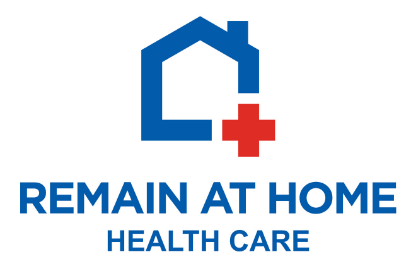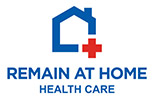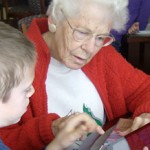After last week’s scorching heat, we were reminded that everyone, especially senior citizens, are vulnerable to extreme weather.
The Atlanta-based Centers for Disease Control Prevention estimates that hundreds of Americans die each year due to oppressive temperatures. Sadly, most of these deaths could have been prevented.
Seniors are particularly vulnerable to heat over-exposure. SeniorLivingChoices.com says that folks 65 and over are 12-13 times more likely to suffer from heat stroke than any other age demographic. Contributing factors can include: limited or no access to timely media about weather emergencies, medical condition(s) that can contribute to dehydration, poor ventilation, a lack of access to air-conditioning, and even an unwillingness to turn on air-conditioning units due to a concern about high power costs.

Brian Carrigan
Founder & Co-Manager
The most debilitating – and life-threatening – risk factor associated with soaring temperatures, is heat stroke. If not treated promptly and correctly, fatal outcomes are far too common. The most overt symptoms of heat stroke typically include an inability to sweat, body temperatures of 103 degrees or higher, red (and hot) skin, a rapid pulse, dizziness and nausea.
Another common reaction to oven-like temperatures is heat exhaustion. The symptoms of heat exhaustion are similar to those of heat stroke, with two very discernible exceptions: a weak pulse (vs. a rapid one) and sweating profusely (vs. little or no sweating).
There’s no perfect method to beating the heat, but there are basic safety measures for all of us to keep in mind: Drink plenty of fluids (if cleared to do so by your physician), avoid strenuous physical activity, take frequent and long, cool showers or baths, remain in a temperature-controlled environment (if your domicile doesn’t have air-conditioning, visit a senior center or a public library to cool down) and above all, be conscious about staying indoors. Run necessary errands in the early morning or late in the evening when temperatures tend to be cooler.
If you know a senior citizen who lives alone, make the time this summer to check in on them frequently. Offer to help with house-hold chores (especially outside repairs and lawn work) or errands. Let’s all be aware and stay involved in our communities. We could very well save a life in the process.




